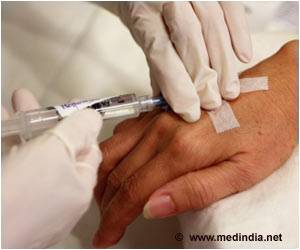“While the negative impacts of galactic cosmic radiation were long-lasting, functional improvements induced by acutely targeting the redox and nitric oxide pathways in the tissues suggest that the erectile dysfunction may be treatable,” he added.
In the study, 86 rats were subjected to a four-week regime simulating the conditions of space, including hindlimb unloading and cosmic radiation, at the NASA Space Radiation Laboratory. Follow-up examinations conducted 12 to 13 months later assessed the long-term damage.
The study “suggests long-term neurovascular dysfunction of erectile tissues as a novel health risk to consider for space travel,” the researchers said, even as space travel and manned missions are increasingly being planned to the Moon and Mars.
Previous studies have shown how long long-duration space travel leads to extreme bone loss. Microgravity induces bone loss at a rate 12 times greater than on Earth. Astronauts in low Earth orbit may experience bone loss up to 1 percent every month, endangering their skeletal health and increasing risk for fractures during long-duration spaceflight and later in life.
Reference :
- Neurovascular dysfunction associated with erectile dysfunction persists after long-term recovery from simulations of weightlessness and deep space irradiation – (https://faseb.onlinelibrary.wiley.com/doi/full/10.1096/fj.202300506RR)
Source: IANS



